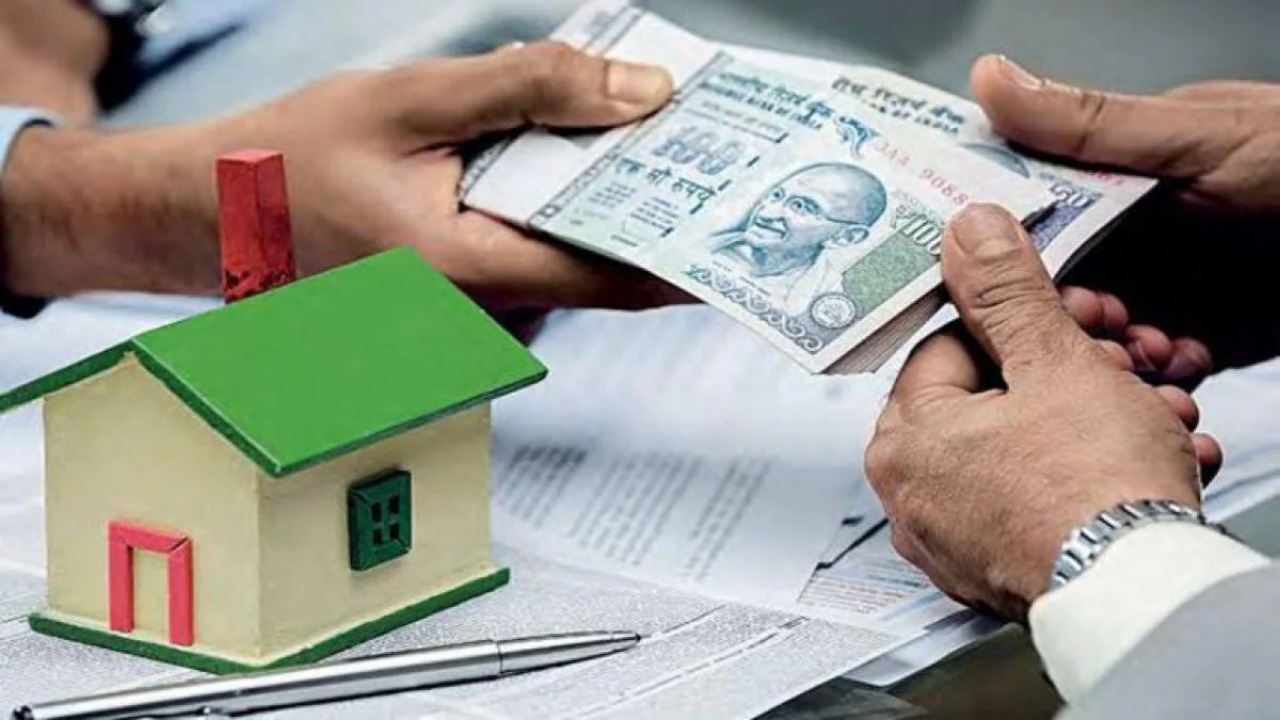Loan Recovery: In today’s time, the trend of taking loans to fulfill needs is increasing rapidly. Usually people take loans from banks to buy a house or a car. All the banks of the country also provide various offers on loans keeping in mind the credit score and repayment history of their customers. After taking a loan from the bank, the borrower has to pay it in the form of EMI. But have you ever thought that if the person who took the loan dies, who will have to pay the outstanding loan amount? What do the banks do to recover the loan in such situations?
Rules for recovery of debt
According to the rules, if a person dies after taking a loan, the bank first contacts the co-applicant of that loan. In such a case, if there is no co-applicant or the co-applicant is unable to repay the loan, then the bank contacts the guarantor. If the guarantor also refuses to repay the loan, the banks then contact the legal heirs of the deceased borrower and appeal to them to pay the outstanding loan amount in time. If none of the co-applicant, guarantor and legal heir is able to repay the loan, then the banks start working on the last option for recovery.
Banks can seize and sell the property of the deceased
The last option for banks to recover the loan is to seize the property of the deceased. In such cases, banks have the right to recover the loan by selling the property of the deceased. In case of home loan and auto loan, banks directly seize the house or car of the deceased and then recover the loan by selling it in an auction. If a person has taken a personal loan or any other loan, then in such cases banks recover the loan by selling any of his other assets.
